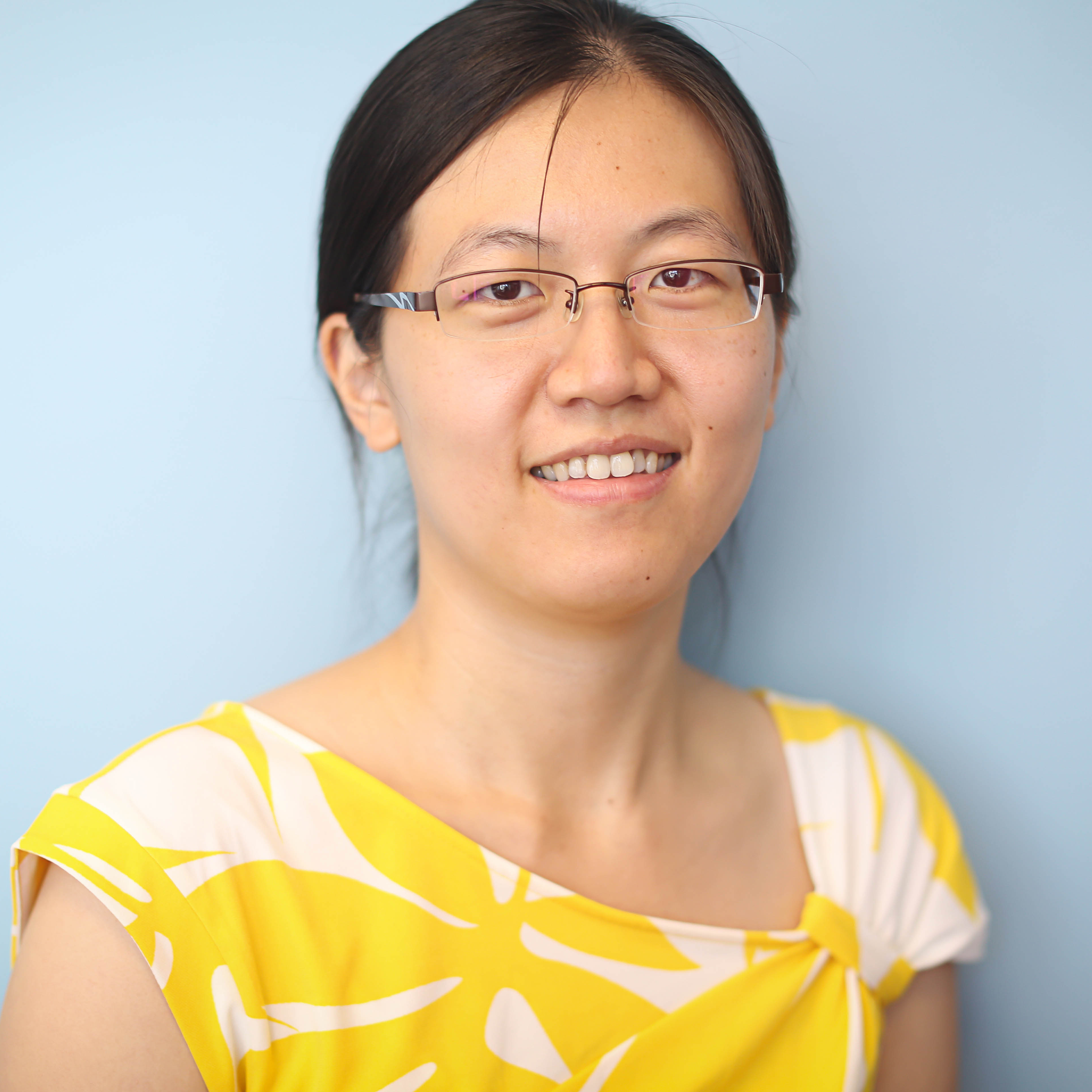 Yu-Chih Lin, PhD (林于之博士)
Yu-Chih Lin, PhD (林于之博士)
Investigator
Laboratory of Neuronal Connectivity
Program in Neuroscience
Hussman Institute for Autism
University of Maryland School of Medicine
Since her undergraduate education, Dr. Yu-Chih Lin has been interested in how the cytoskeleton supports cellular structure and regulates cellular motility and function, particularly in the central nervous system. Her PhD dissertation research under the supervision of Dr. Lori Redmond at the Medical College of Georgia discovered a novel non-catalytic role for CaMKIIβ, one isoform of calcium/calmodulin-dependent protein kinase II, in the regulation of actin stability in developing cortical neurons. Dr. Lin’s postdoctoral work in Dr. Anthony Koleske’s lab at Yale University determined how dendrite and dendritic spine stability are regulated by Abl2/Arg nonreceptor tyrosine kinases. Using genetic manipulation and pharmacological intervention, her work revealed how Abl2/Arg selectively blocks Rho signaling to stabilize neuronal dendrites, and fine-tunes dendritic spine stability by regulating activity-dependent dynamics of the cytoskeletal machinery. In addition, she also studied how integrin signaling regulates the morphological stability of neurons and the behavior outcomes in animals. This work showed that integrin-β1 signaling through Arg to activate p190RhoGAP is critical for maintaining the structural stability of hippocampal neurons, and this signaling pathway is essential to determine the behavioral response to cocaine. At the Hussman Institute for Autism, the research in her group is focused on understanding the fundamental mechanisms of neuronal connectivity and how these pathways is altered in conditions such as autism. Using neuronal cultures as model systems, combining high resolution imaging techniques and biochemical approaches, her team will elucidate how cytoskeletal machinery is regulated to provide structural and functional stability to neurons, and how this pathway is disrupted in autism.
